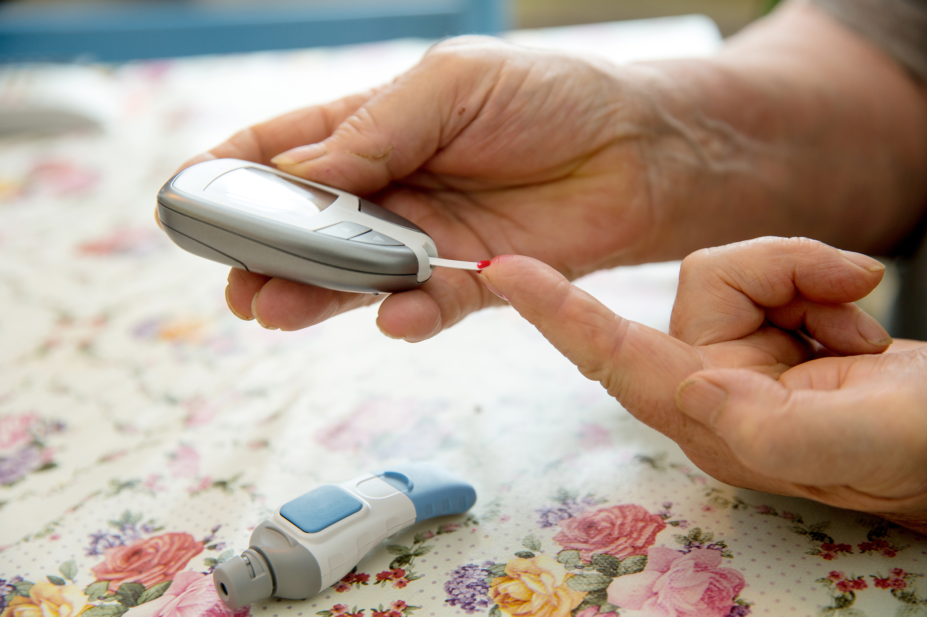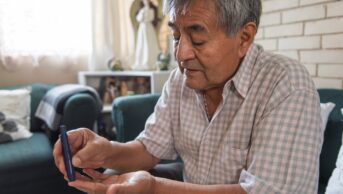
Shutterstock.com
All adults over 40, except pregnant women, should have a risk assessment for type 2 diabetes, updated guidance from the National Institute for Health and Care Excellence (NICE) has said.
The guidance also recommends that recruitment for lifestyle change programmes should be prioritised for those at greatest risk of developing the disorder.
It says that where places on intensive lifestyle change programmes are limited, they should be prioritised for people with fasting blood glucose of 6.5–6.9mmol/l or HbA1c of 44–47mmol/mol. NICE estimates that there are 1.7 million people with a fasting blood glucose between these values who are at the greatest risk of developing diabetes, and analysis shows that preventive interventions are particularly cost effective in this group.
Since the original diabetes prevention guidance was published by NICE in 2012, the NHS in England has launched a diabetes prevention programme through which patients can be referred for interventions such as exercise or cooking classes. But NICE says it recognises that these interventions require substantial resources.
“We need to make sure that the people most at risk have access to the care they need. This is why this updated guidance from NICE is so important, it will help NHS England and Public Health England to prioritise when necessary,” said Mark Baker, director of NICE’s centre for guidelines.
As well as recommending that all adults over 40 should have a risk assessment for type 2 diabetes, the guidance says people aged 25–39 of South Asian, Chinese, African-Caribbean, black African, and other high risk minority ethnic groups should be encouraged to have a risk assessment.
The updated guidance also says interventions should be made accessible to all patients at risk of diabetes, such as those with dementia or mental illness.
Philip Newland-Jones, consultant pharmacist in diabetes and endocrinology and RPS spokesperson, welcomed NICE’s decision to formalise the cost effectiveness of preventative lifestyle interventions.
“We know from evidence that changes in diet and lifestyle can reduce the risk of developing type 2 diabetes and even reverse early type 2 diabetes,” he said.
“Pharmacists should make themselves aware of local services as part of the diabetes prevention programme and be aware they are in a position to signpost high risk individuals described in the NICE guidance.”


